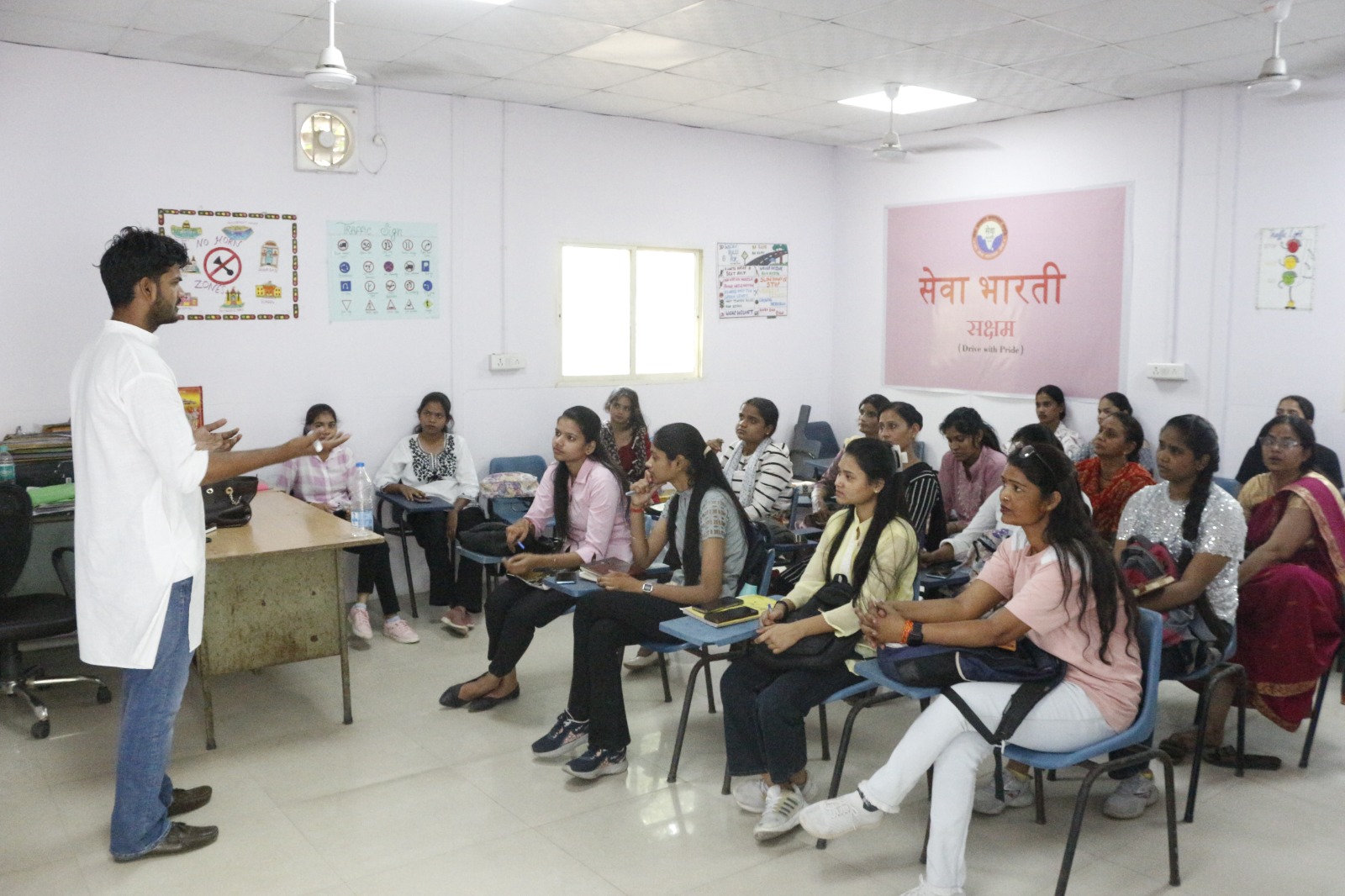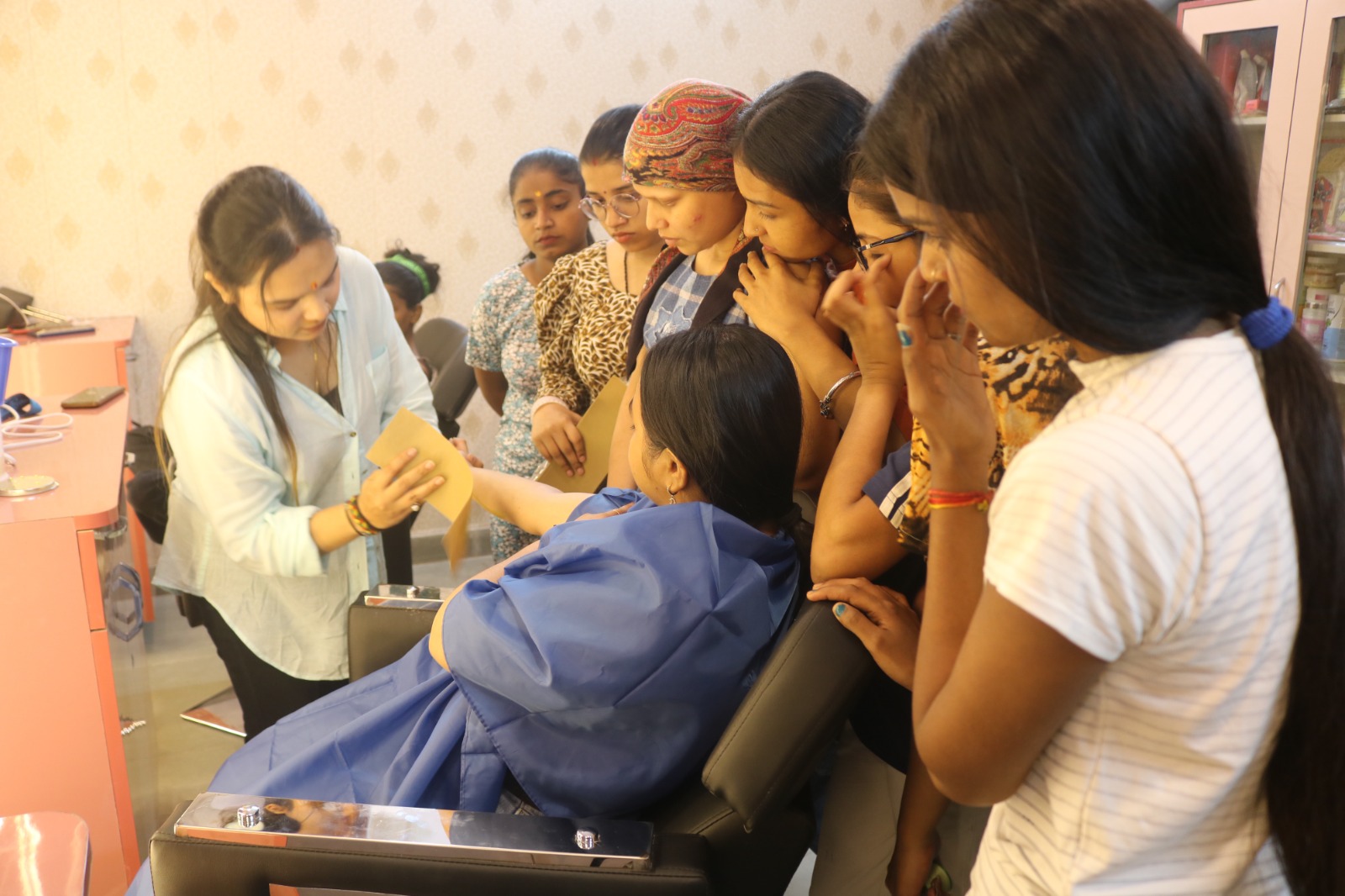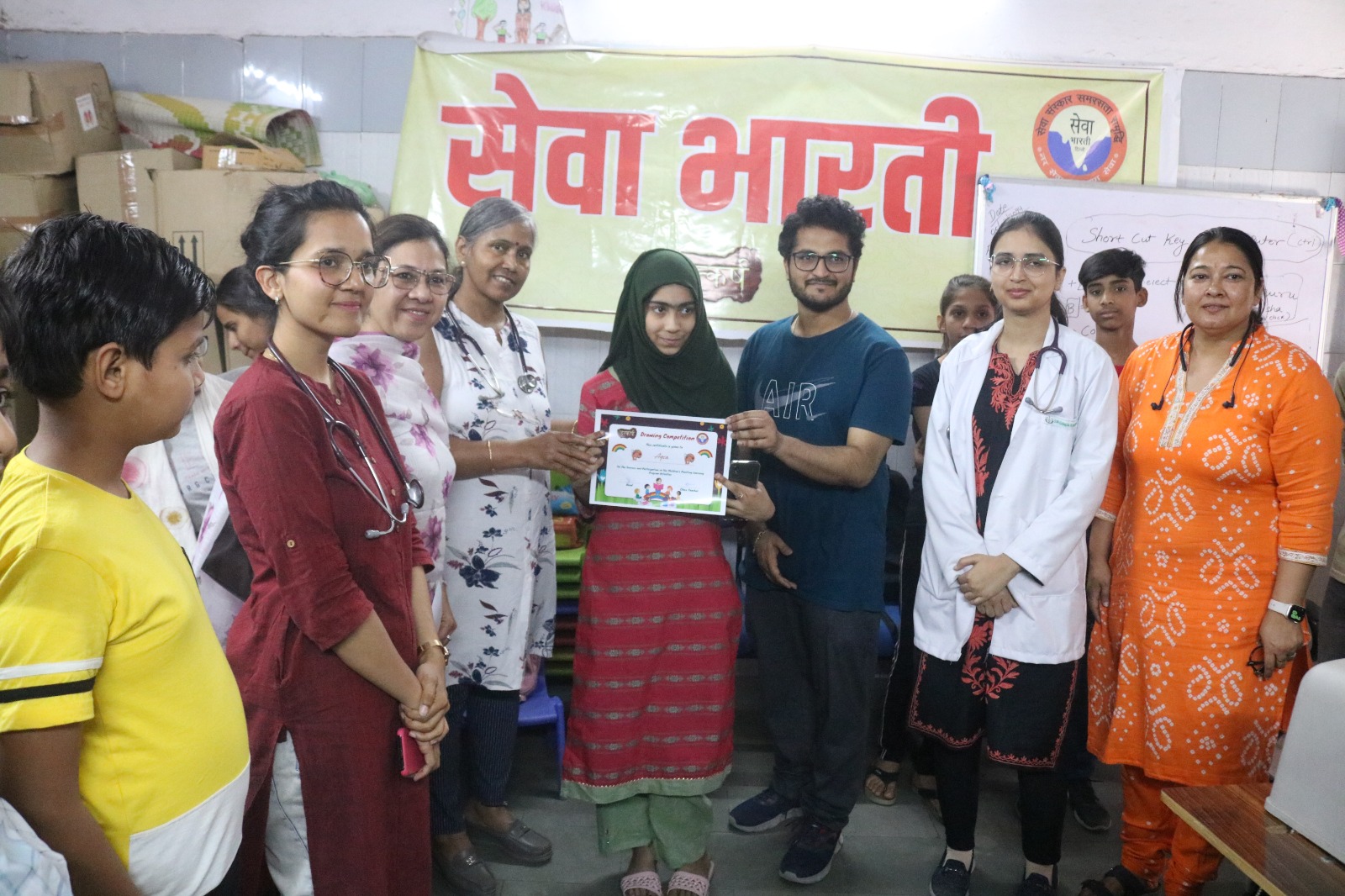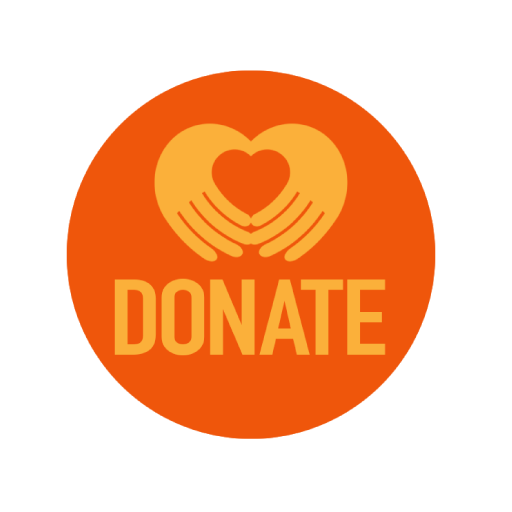Up skilling
Up skilling
Our whole life is simply a long period of developing our skills. We learn to walk. We learn to speak. We learn how to take care of ourselves. All of this is achieved through the same general method of repeating something over and over before it becomes a subconscious act. We follow the same trend as we develop skills later in life. The only distinction is that we are much more conscious and interested in our engagement in studying.
Our whole life is simply a long period of developing our skills. We learn to walk. We learn to speak. We learn how to take care of ourselves. All of this is achieved through the same general method of repeating something over and over before it becomes a subconscious act. We follow the same trend as we develop skills later in life. The only distinction is that we are much more conscious and interested in our engagement in studying.
Skill Development can be basically defined as the process of:
Identifying a person’s skills and knowledge gaps
To develop and strengthen these skills. It’s critical because your skills decide your ability to effectively implement your plans.
Skill Development can be broadly classified into two categories. They are:
Hard skills: Skills relevant to some specific task; typically readily quantifiable. They aim to be knowledge-based, such as subject proficiency, training, and specialized qualifications. Fluency in a language, XYZ tech skills, graphic design and scripting are all hard skills.
Soft skills: Personality skills that tend to be transferable, such as collaboration, management, problem-solving, stress management, decision-making, flexibility, ability to cope with challenges, and communication.
Skills are developed through life and work experiences and they can also be learned through study.
There are three types of skills: functional, self-management and special knowledge.
Functional skills are abilities or talents that are inherited at birth and developed through experience and learning. Examples are: making decisions, repairing machines or calculating taxes.
Self-management skills are the behaviors you have developed in learning to cope with your environment and the people and conditions in it. Examples are: being energetic, determined, resourceful or dependable.
Special knowledge skills are those having to do with mastering a specific body of information related to a particular type of work, profession, occupation, educational, or leisure activity. Accounting, catering, or real-estate brokering would be examples of these.
A well-developed skill can make us master in a particular field, and it can be learned too. Learning new skills helps in your professional life a lot. It helps you to achieve your goals, gives confidence, and gives you motivation for working too.
It takes a combination of all these types of skills to get a job, keep a job, and succeed in a job. We can’t all be experts at everything. Give yourself credit for all the great things you are capable of doing! Putting these skills together in a resume is a skill that our career counselors are willing to share. It is also wise to be able to discuss the functional, self-management, and special knowledge skills you have with a potential employer in an interview.















